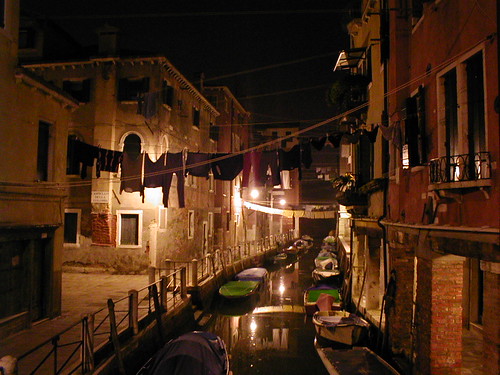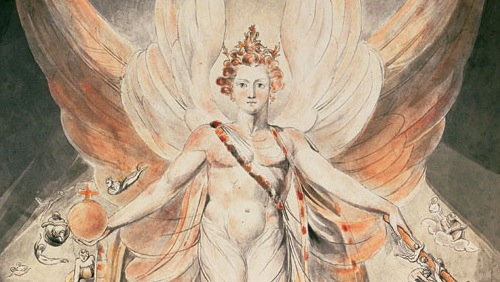I thought I ought to reread some of those Great Novels which are sitting on my shelves and I haven’t read for years. I’m not sure why I picked up Moby Dick in particular, but after a few pages I was thinking oh, man, I’d forgotten how funny this book is, and so brilliantly written. But after a couple of hundred pages I remembered why it has a reputation for being unreadable, or at least unfinishable.

The opening scenes, where he meets Queequeg, and goes to the whaling chapel, and joins the Pequod, and the crew are all introduced, are truly superb: grotesque and funny. But then after they get to sea, the book loses forward momentum. Partially because there’s not much plot going on, and it’s very episodic, but especially because of Melville’s (or, I suppose, Ishmael’s) long discourses on whales and whaling. Even those are interesting, and frequently well-written and entertaining. But there’s an awful lot of it, and it’s just rather pale and conventional compared to the weirdness of the narrative stuff. It’s as though Bram Stoker had decided that Dracula would be greatly improved by a few chapters about folk customs in Romania and the best techniques for garlic cultivation.
So the book is rather becalmed. But towards the end it picks up again and builds to a suitably grotesque crescendo when they finally track down Moby Dick.
In all seriousness, although I do think this is a great novel, I also think you could greatly improve it by judicious editing. You could cut it down to about the half and length and change it from a sprawling, discursive tome into something short, dark, strange and intense. Like Heart of Darkness with whales.
Since it’s out of copyright, I suppose I could do it myself. As a public service.



